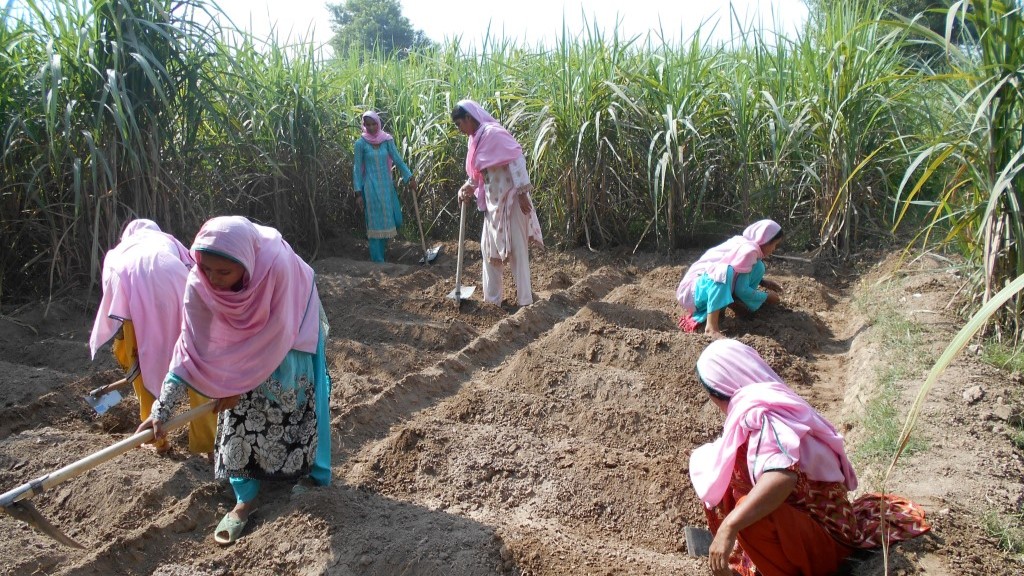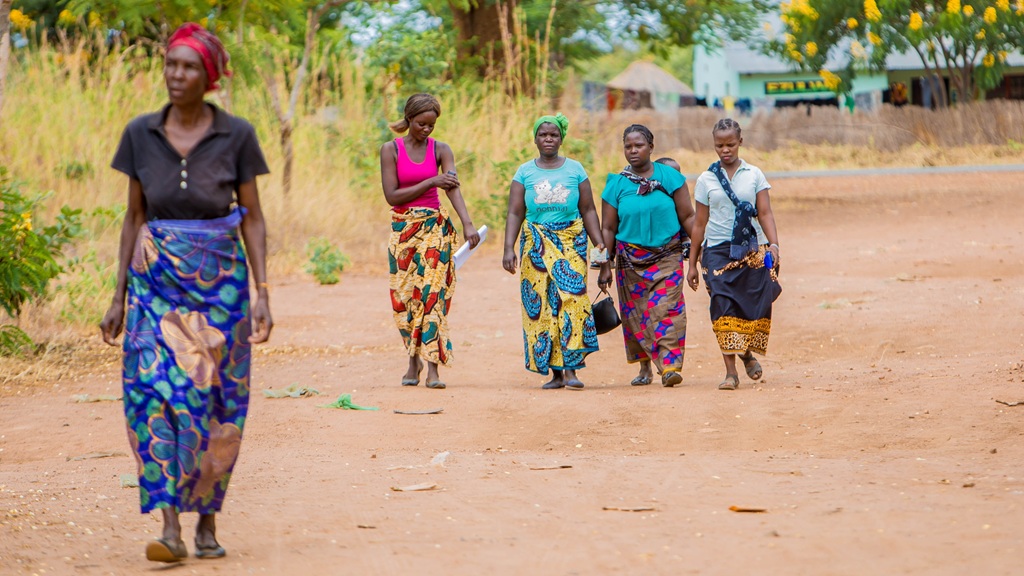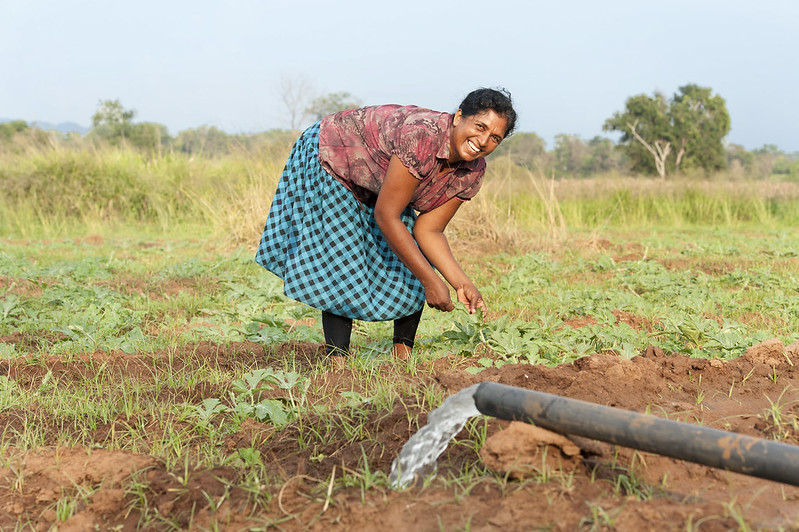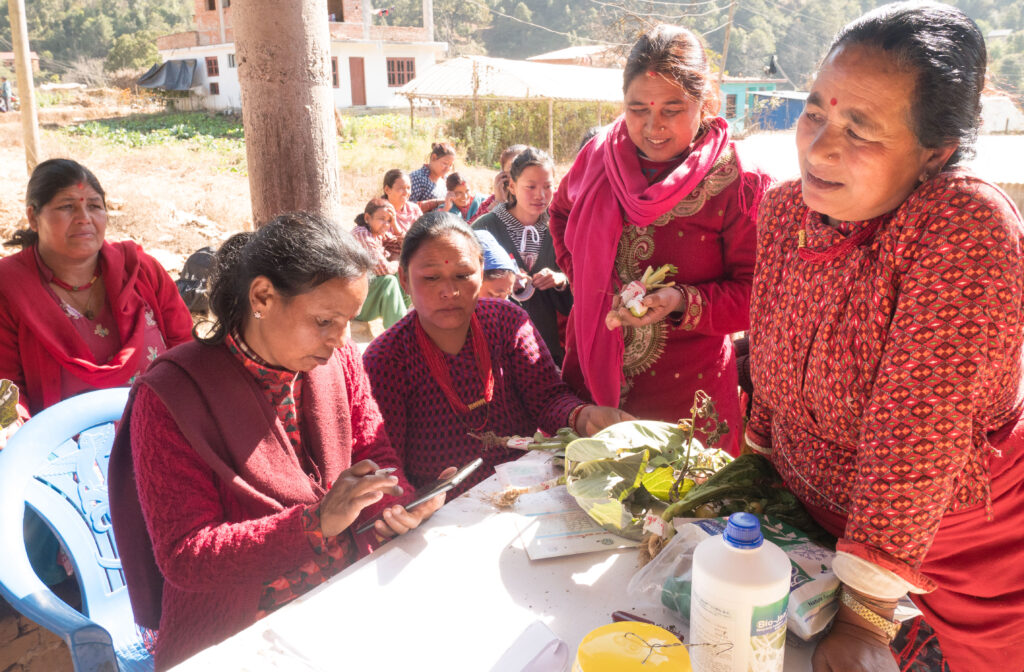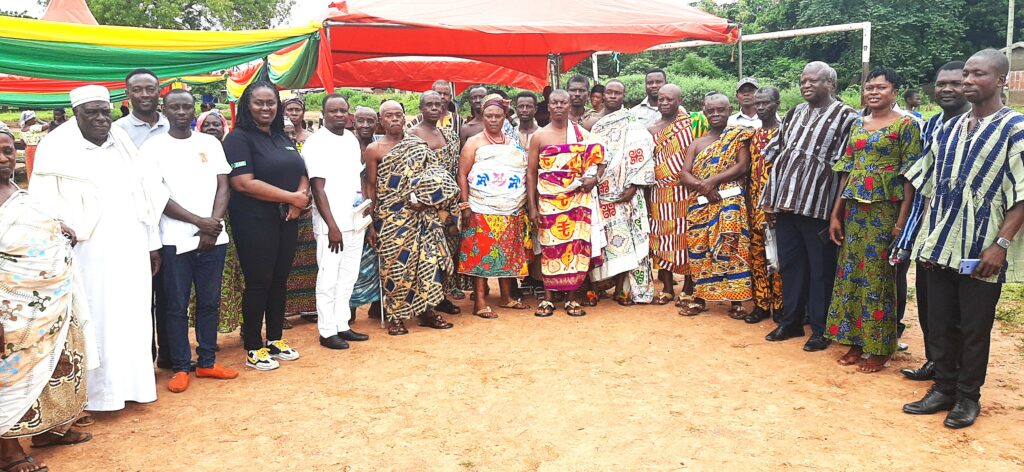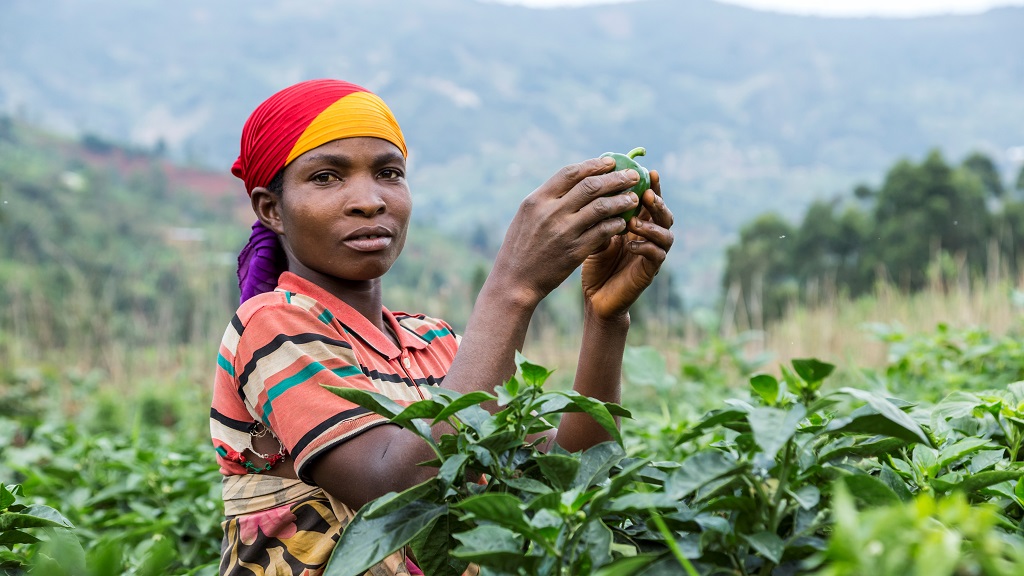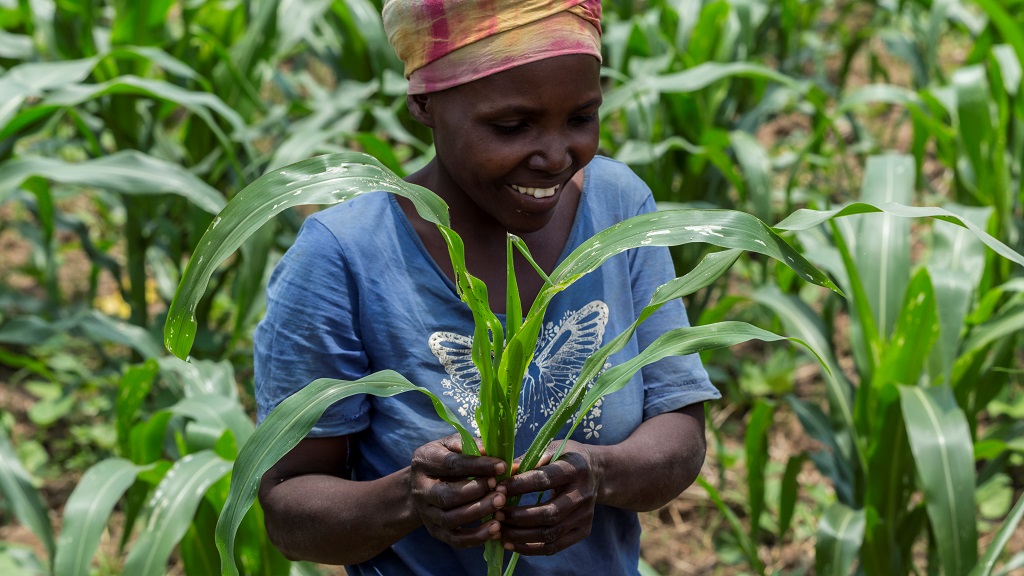Empowering women farmers in Pakistan with pest control knowledge
Women farmers in Pakistan play a central role in the country’s economy. However, many struggle to access essential information about sustainable farming approaches. Women make up nearly 66% of the agricultural workforce in Pakistan. Yet they receive very little agricultural extension advice. This lack of support creates serious challenges, particularly when it comes to managing…
Empowering women farmers through Gender Technical Working Groups
How PlantwisePlus is championing gender equality in agriculture through GTWGs Gender Technical Working Groups play a vital role in advancing equality in rural communities. Women in villages often have less access to knowledge, resources and power than men. They are less likely to be able to attend agricultural training. In addition, many struggle to secure…
CABI calls for gender equality for rural women in Pakistan
Every year, Rural Women’s Day is celebrated on 15 October. It recognizes the valuable contributions that women living in rural communities make to agriculture, food security and rural development. In Pakistan, this is important. According to Relief Web, Pakistan’s total female population is over 101 million. However, around 64 million women – more than half…
How plant doctor training supports smallholder farmers in Nepal
In Nepal, the International Development Enterprise (iDE) has introduced an approach to address the challenges smallholder farmers face in accessing agricultural inputs and advice. Known as Community Business Facilitators (CBFs), these individuals are local citizens trained to provide agricultural services within their communities. Some CBFs also train as plant doctors (CBF-PDs) through CABI’s PlantwisePlus programme,…
Why it’s important to prioritize unpaid care work in the agriculture sector
Gender norms often prevent women from entering into productive careers in agriculture. These norms are a type of social norm related to what communities believe men and women should and shouldn’t be doing. They’re shared beliefs about typical and appropriate behaviour in a group.
Overcoming gender barriers to tomato farming in Pakistan
Tomato is an important crop in Pakistan – every year, the country produces 4.2 million tonnes of tomatoes. Growing them can be labour intensive. But research shows that tomato production has the potential to generate good incomes for rural smallholders. This includes incomes for women farmers. In Pakistan, women account for over 60% of active…
How community conversations help to close the gender gap in Burundi
What are community conversations and how are they closing the gender gap in Burundi’s farming sector? The gender gap in agriculture is a big challenge. In low- and middle-income countries, women make up an average of 43% of the agricultural labour force. In Burundi, of all the time spent on agricultural work, women make up…

